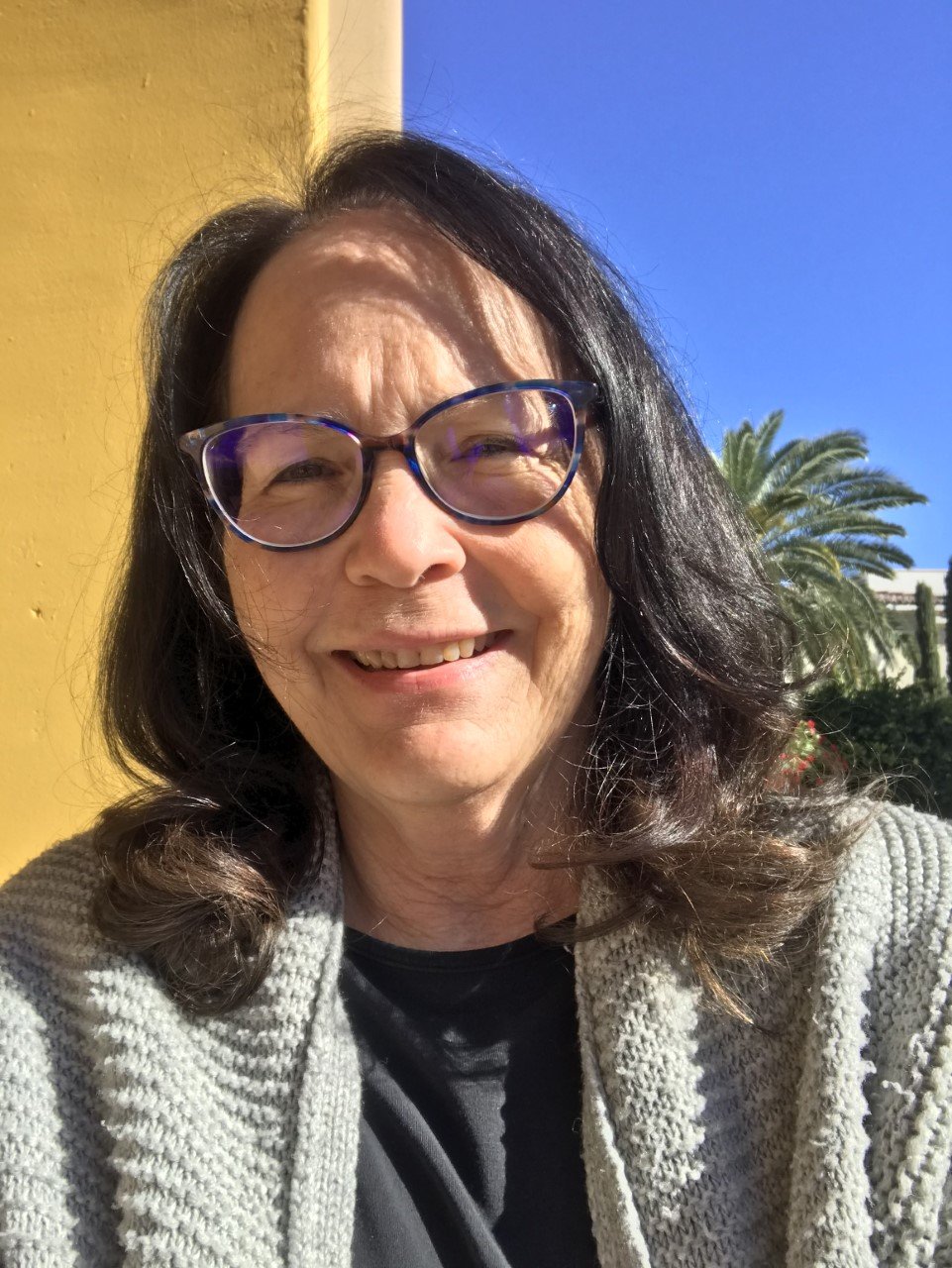Future-Proofing Sustainability as an Integral Part of the Business

Increasing scrutiny is being directed at corporate sustainability programs, with anti-environmental, social and governance (ESG) and political repercussions pitted against legal requirements, investor preferences, and growing customer and consumer interest.
Through it all, corporate leaders must guide their enterprises transparently and authentically, said Eric Wohlgemuth, CEO of Future 500. They must report “on their financial and material, social and environmental risks without triggering unnecessary backlash that could lead to accusations of greenwashing or greenhushing,” he said while moderating a recent Reuters webinar.
A panel of three sustainability professionals discussed their companies’ strategies regarding sustainability reporting and preparing their companies for climate change implications during “Mastering Your Sustainability Narrative: Build Trust and Future-Proof Your Sustainability Story.”
Integration and Disclosure
Sustainability as a corporate imperative doesn’t appear to be going anywhere. Despite the scrutiny, internal and external stakeholders remain concerned about climate change, corporate impact on the environment and other sustainability issues.
“Consumers are concerned about (climate change) happening around us, no matter the political (or other disruption) that’s impacting them,” said Susanne Mathis-Alig, vice president sustainability reporting at Mondelēz International in Chicago.
They want to be have sustainable choices when it comes to food — ingredients as well as packaging, she said. And they want to make sure that they can make choices. “That’s critical for us and our business — and the future of our categories and brands,” she said.
Meanwhile, sustainability compliance and disclosure reporting are undergoing change. Compliance and reporting can be legally required or voluntary. Sustainability frameworks can provide organizations guidance in managing risk and transparency and identifying opportunities.
Five years ago, there were no sustainability frameworks, said Janice Anderson, senior director, technical accounting and sustainability reporting at Nutrien in Calgary, Alberta. Instead, companies sent out questionnaires asking what they should be concerned about. “Then we tried to bring all those questionnaires into one report to meeting everyone’s needs,” she said.
Now, companies are conducting double materiality assessments to determine their ESG priorities. A double materiality assessment evaluates both the financial impacts on the company and the company’s environmental and social impacts; it helps organizations prioritize sustainability risks and opportunities that align with business strategies. Organizations are moving away from setting targets that might not be core to the business and aren’t being met, Anderson said.
Making Sustainability Count
Instead of being considered a separate initiative, sustainability should be an integral part of the overall business model, including accounting and finance functions, to ensure consistency and credibility in reporting, panelists indicated.
Sustainability reporting goes beyond compliance to being a tool for change, continuous improvement and value.
Anderson recommended that organizations do what’s meaningful to them to move the dial and embed sustainability into corporate strategy and capital decision-making.
“I think, more than ever, it’s the responsibility of teams like mine and a lot of folks here today to be (looking ahead) and identifying (upcoming) social and environmental risks that may not have been articulated before or have had an action plan for mitigating them built around them,” said Jessica Thurston, vice president — environmental, social and governance (ESG) at Paramount, a Skydance Corporation.
What does that structure look like? How do organizations balance the need for disclosure? “What I see are welcome changes to streamline and make all of our sustainability disclosures (more consistent) with being able to answer the need of a warming climate and a society that has a lot of challenges facing it,” she said.
“If we all do our jobs right, we’re writing ourselves out of a job. … Sustainability is part of everyone’s job now.”

